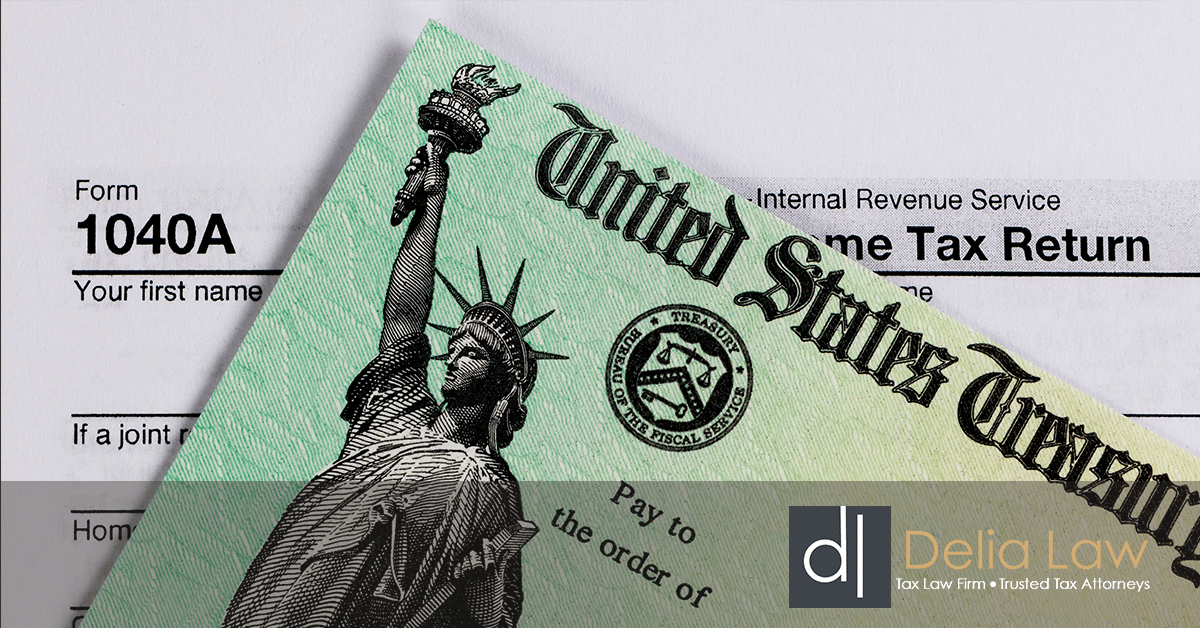What If You Don’t Qualify for an Employee Retention Credit Claimed Incorrectly?
Key Findings:
- The IRS Claim Withdrawal Program remains available.
- The ERC Program will allow businesses that erroneously claimed an ERC tax credit to successfully withdraw ERC claims – just as if it had never been filed.
- Employers can withdraw ERC claims without paying interest or potential penalties.
The Internal Revenue Service has issued an important warning. If your business needs to resolve any improperly claimed Employee Retention Credits (ERC), the time to resolve these claims is now.
The deadline for the next ERC Voluntary Disclosure Program was November 22, 2024. However, the IRS has moved the deadline for third-party payers who are taking advantage of the consolidated claim process, which is now set for December 31, 2024.
What’s the Employee Retention Credit?
For background, the Employee Retention Credit (ERC) is a tax credit for specified eligible businesses and organizations that are tax-exempt, which is a refundable tax credit. The entities using the ERC had employees who were affected by the COVID-19 pandemic, and ERC eligibility is dependent upon specific circumstances and facts.
What Does the Second ERC Voluntary Disclosure Program Allow?
This ERC Voluntary Disclosure Program (VDP) permits businesses that received the tax credit erroneously to repay the ERC without interest or penalties, including not repaying any received interest from the IRS on an ERC refund.
The first ERC Voluntary Disclosure Program drew in more than 2,600 applications and 1.9 billion dollars worth of tax credits.
What If My Business Didn’t Qualify for the Second VDP?
For employers that were unable to qualify for the second VDP, it’s important to note the Claim Withdrawal Program remains available.
This Program permits employers to successfully withdraw their ERC claims, as the IRS will consider a withdrawn claim just as if it had never been filed. Naturally, withdrawing an erroneous and also fraudulent ERC claim will not then exempt your business from any necessary criminal investigation or prosecution.
Employers will be able to withdraw any ERC claims without paying any interest or potential penalties. If you were notified your business is currently under audit, you can still send a withdrawal request (either to the assigned auditor or you can respond to the notice if an examiner has not yet been assigned).
If you got a refund check but haven’t deposited it or cashed it yet, you can withdraw your credit claim and follow the detailed instructions available online.
What’s the Aim of the Consolidated Claim Process?
Third-party payers (like a payroll company) who filed any ERC claim that would allow many employers to withdraw their claims for any non-qualifying clients can use the consolidated claim process.
The third party may need to correct the erroneous claim if they later learned they weren’t eligible for an ERC as a third-party payer (an entity handling a business’s tax reporting and payroll duties). The third-party payee (the payroll company) likely needs to submit a withdrawal request for you with the IRS, depending on whether it filed the ERC claim individually or if it was batched with any other claims.
How Do I Resolve an Improperly-Claimed ERC?
Employers should apply for the Voluntary Disclosure Program (VDP) and ask as soon as possible for an installment agreement for monthly payments.
The IRS will recapture any incorrect payments or credits from the ERC. The IRS plans to continue to enforce applicable tax laws and to protect taxpayers. Accordingly, if the IRS finds any incorrect ERC claims after the conclusion of these programs, the IRS might enforce repayment of any potentially incorrectly allowed ERC – with both interest and penalties.
What’s the Next Step After I Withdraw My Request?
You’ll get a letter from the IRS stating whether your request for withdrawal was accepted or rejected. The withdrawal request is not approved by the IRS until you receive a formal acceptance letter. If your withdrawal request is accepted, it might affect your income tax return and you might need to amend your tax return.
Dawn Delia, a federal tax attorney at Delia Law, commented:
“This is an urgent request to address any improperly claimed Employee Retention Credit (ERC) claims through the IRS Voluntary Disclosure Program as quickly as possible.
“Businesses and third-party payees should carefully review the relevant ERC guidelines and promptly take action to address any incorrect claims to avoid potential issues, including possible legal consequences or payment penalties.
“If you ask to withdraw your ERC claim, you’re actually asking for the IRS not to process your entire adjusted employment tax return. It will then be treated as if it was never filed at all, and the IRS won’t impose any interest or penalties.
“Some marketing promoters called the tax credit a business stimulus payment, relief from the government, or some other names. This high-pressure marketing from the IRS or its promoters may have misled many ineligible corporations to, in fact, file ERC claims for the relevant tax credit. So at this time, the IRS has now created special programs to help affected businesses voluntarily resolve any claims that were noncompliant.
“The team at Delia Law would urge any businesses with pending claims to currently assess whether they could have been misled into qualifying for the credit and to use the available options to quickly and proactively resolve your ERC issues. Now is the time to listen to trusted tax professionals, such as a trusted IRS tax attorney with extensive knowledge of federal tax laws.
“My team can answer any questions your business might have about ERC issues and will continue to monitor for any important developments about this IRS issue.”
For more information on the Voluntary Disclosure Program and the ERC, businesses can visit the IRS website or consult a knowledgeable tax attorney.
—
Disclaimer: All information in this article has been prepared only for informational purposes and does not constitute legal advice.





